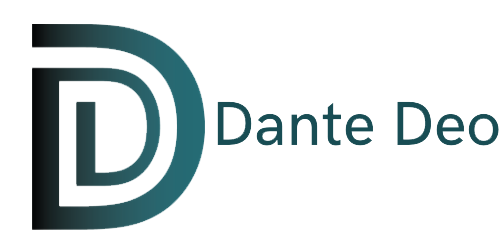To effectively ‘raise the bar’ in vendor/contract management, organisations must adopt a holistic approach that places the strategic objectives of the business at the forefront of contractual agreements.
This entails a fundamental shift towards viewing suppliers as strategic enablers rather than mere service providers. Redefining the role of suppliers as facilitators of business objectives allows organisations to unlock new opportunities for collaboration, innovation and mutual success.
By aligning contracts with business objectives, cultivating enabling supplier relationships, embracing collaborative governance models and focusing on value creation, organisations can raise the bar and unlock new opportunities for innovation, growth and success.
To this end, Dante Deo’s Project Office now harnesses not only intelligence around project management, but data around the entire commercial construct, notes Rone Steyn, head of Dante Deo’s Project Office.
“Our vision is to deliver a tangible difference to our clients. It does not help to be able to place a fantastic deal on the table if it is not going to deliver the value and benefits behind the construct – under those circumstances, even a cheap deal will end up being a complete waste of money for the client,” she explains.
“Our Project Office adopts what we call the ‘five D’ approach, namely: Discover, demand, define, design and deploy. Essentially, this methodology involves discovering what is needed, determining what the demand is, defining how to address it, designing a project plan and, finally, deploying it.”
She indicates that Dante Deo’s expertise in strategic sourcing and contract management is woven into the project management discipline, pointing out that many projects suffer failure because the contract is seen as nothing more than a box to tick.
“It is a critical foundation to a successful project and I suggest that contracts are developed using nine key principles. These are an overview of services; the purpose and business needs; scope of the work; the deliverables of service; the timeframe and duration; the resources utilised; the cost of services; defined payment milestones; and defined acceptance criteria.” If this is in place, you have the fundamentals of the project charter done.
The contract is the legal foundation on which a project is built, adds Leon Steyn, CEO of Dante Deo. It is thus important to continuously refer to this legal agreement concerning what the vendor is obligated to deliver on the project.
“Too often, vendors either don’t deliver on the scope agreed to, or the client business wants additional items implemented. The contract is what outlines the scope of work to be done by the vendor, and also stipulates the process to follow when the client wishes to add to the original scope,” he states.
“The contract thus protects both the vendor and the client by ensuring that both adhere to what was initially agreed, such as the contract deliverables, the quality expected and the project timelines within the cost boundaries.”
Project management is like playing a team sport, he adds, as it requires different skillsets, and different individuals with differing talents and strengths, to succeed, but still requires a cohesive strategy to get all these parts working as a whole.
“However, it doesn’t help to have a great team with fantastic skills if you don’t know the rules of the game, or what the spectators want to see. When it comes to projects, the contract is effectively the rule book that determines what must be measured, how it is measured and delineates the borders of the project. Our Project Office team are essentially experts in the rules of this game, meaning they can make a genuine difference to the effectiveness of any project you implement.
“We have chosen to offer contract management as a key part of our project management service as, by helping clients to clearly understand the rules of the game, we can ensure they have a successful close out of their project.”
He points out that by transparently managing the contract, a project manager can keep both vendor and client honest, and ensure that the services are delivered as expected in line with the contract.
“Our Project Office has significant expertise with a great understanding of the conditions of the contract, and also brings to the table 20 years of skills and experience in project life cycles, along with multiple project certifications and agile experience. Ultimately, we see our focus on project management that leverages the broad experience and skills within the technology life cycle as a genuine game-changer in this industry, and through it, are confident in delivering a tangible difference to our clients,” he concludes.
Share
Editorial contacts
